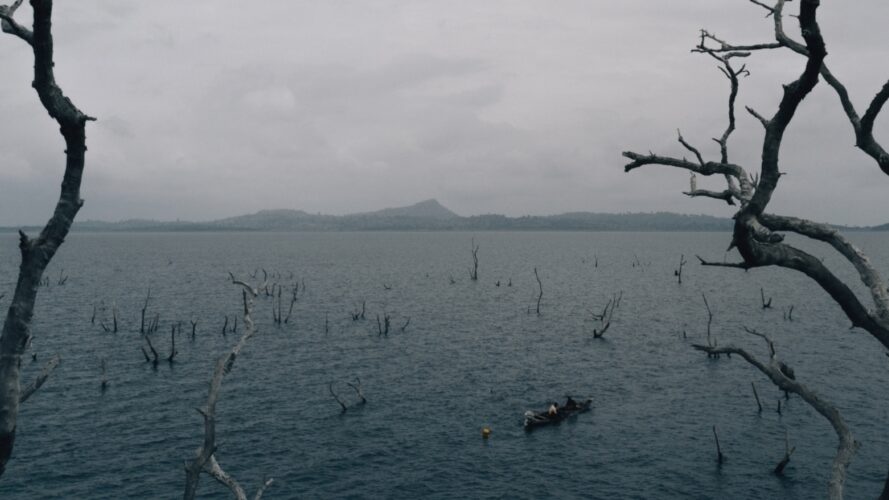Anti-Trafficking Police Rescue Children in Ghana
Slavery
The Anti-Human Trafficking Unit (AHTU) and local police rescued two boys forced to fish on Lake Volta last month, with support from IJM. Heavy rain forced the rescue team to delay for more than six hours, but as they waited a police officer reminded the group, “it is worth the wait because these children are suffering and we need to rescue them.”
At last the rain let up and the police found the suspected trafficker at his house. A 13-year-old boy, Henry*, was rescued from exploitation, along with his two younger sisters who were also living with the suspect’s family at the time.
Henry had been forced to work every day for the boat master from early morning until evening, rowing a canoe, fishing and diving into the water to untangle nets. He was beaten frequently. Henry had never been to school. He was underfed and had little time to rest or sleep.
On the day of the rescue, Henry had tried to trade some of the fish he caught for bread to eat, but the boat master beat him for it. The boy was very frightened during the operation, and while he was being taken to the processing center he cried, saying that he needed to go back or the master would beat him. He did not yet understand that he was safe, surrounded by people who would protect him. After receiving food, a shower and fresh clothes he approached the team with a huge smile to say, “God bless you.”
Fifteen-year-old Kafui*, who had been enslaved for many years, was also rescued. He had not been allowed to go to school, and was beaten when he was late to work. After being rescued, Kafui stood still while his photo was being taken at the processing center. Then he quietly said, “I thank God for you…for coming to get me.”
All four children were taken to a safe shelter home where they could be assessed for the services they need in order to heal. All of the children were treated for illnesses or injuries, and they were overjoyed to be healthy again, able to run and play with other children. Now, after several weeks of good care and kind treatment from social workers and medical professionals, the children at last are feeling safe and more able to be themselves.
Kafui said he is “very happy because now I can sleep and wake up and express my views.”
Henry shared, “I am happy because there is no more punishment and no more fishing long hours at the lake. Now I can rest.”
*A pseudonym